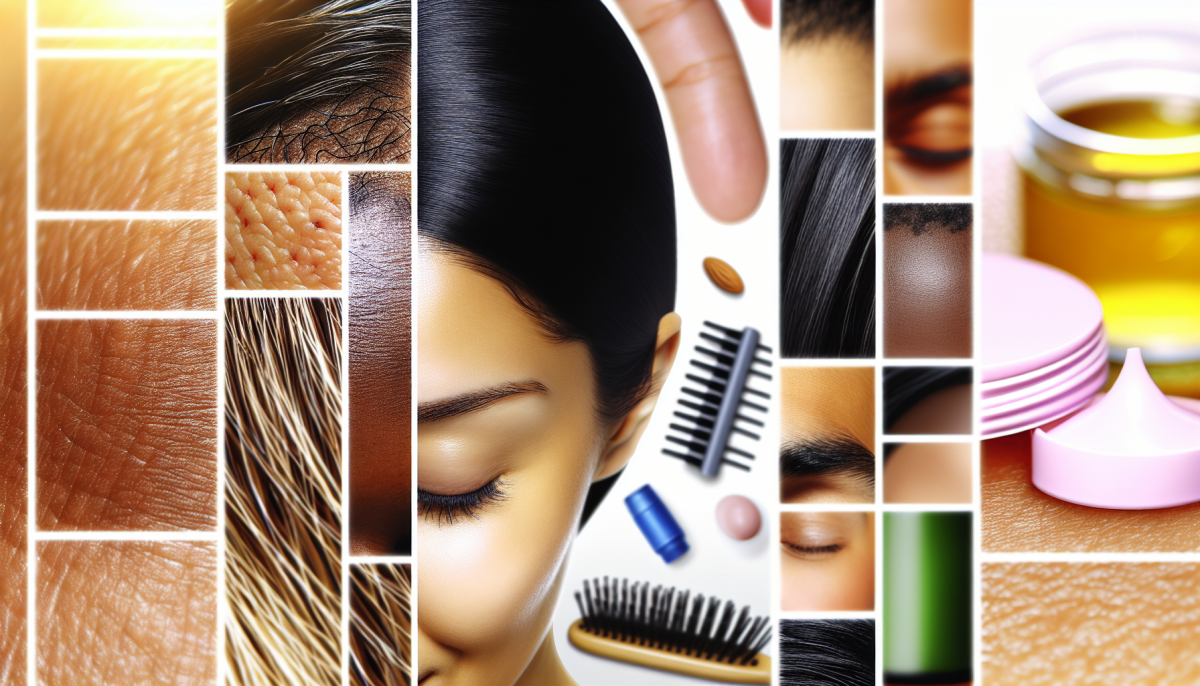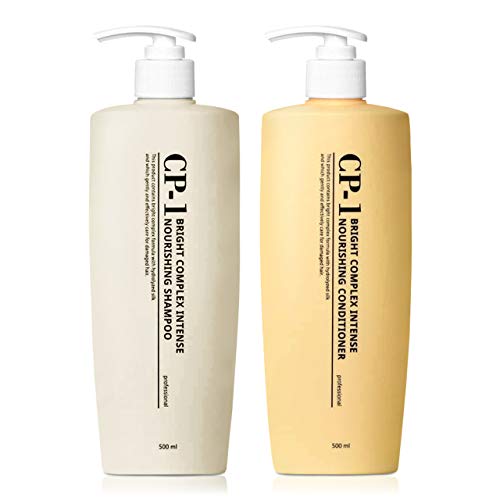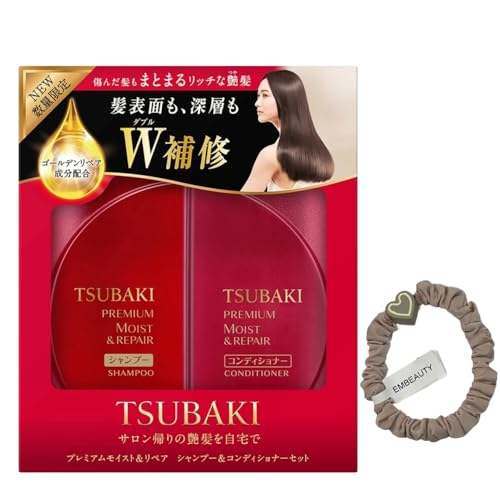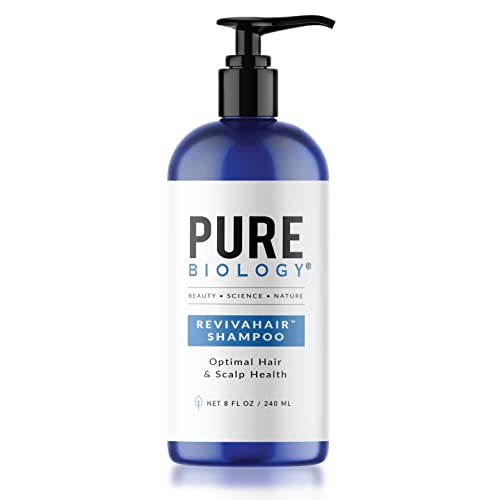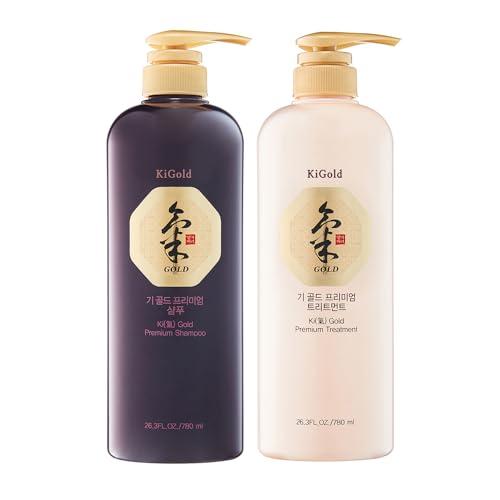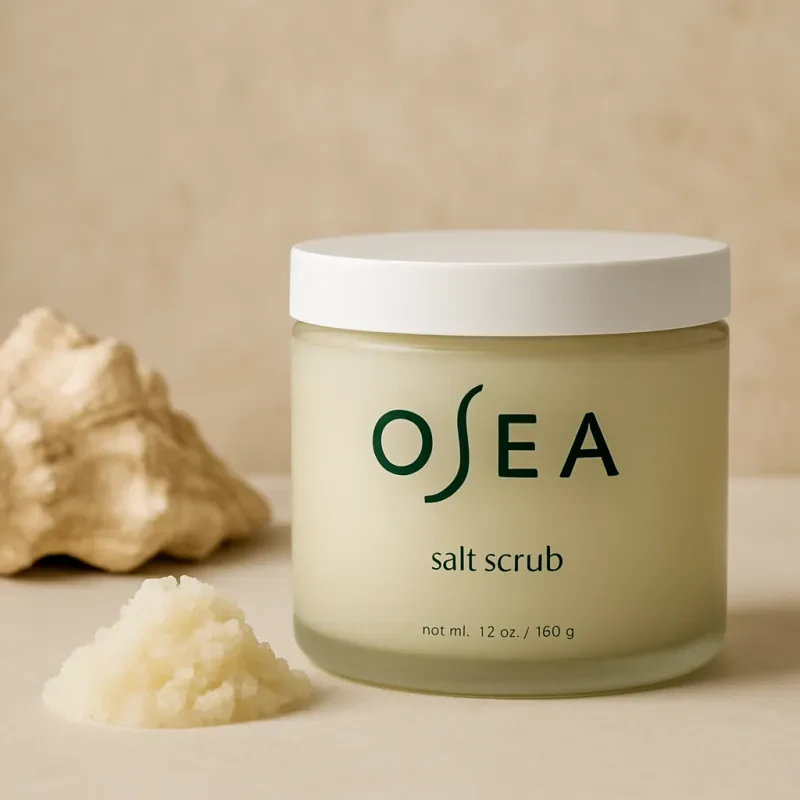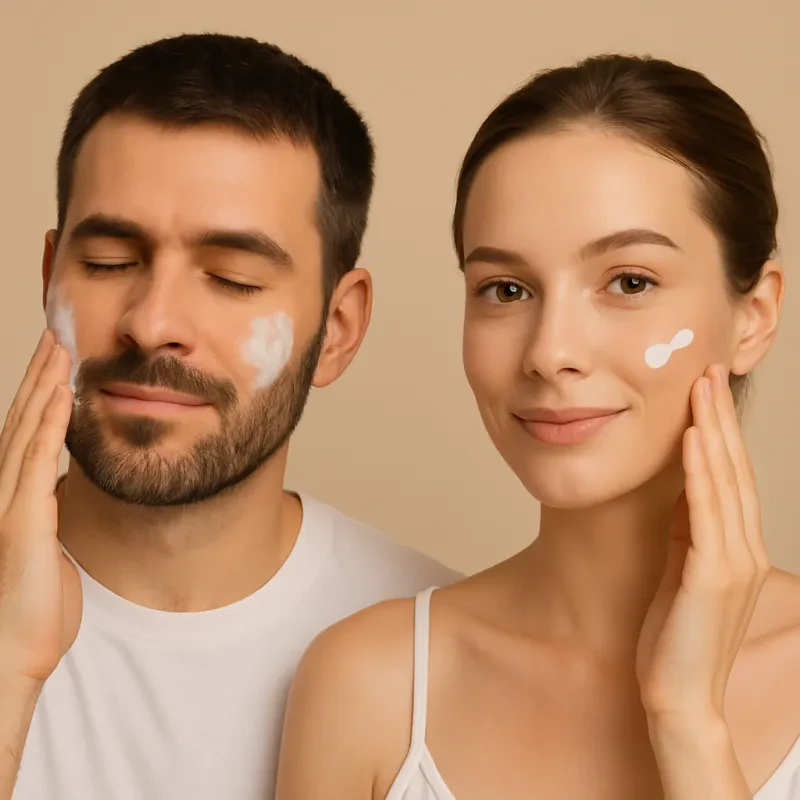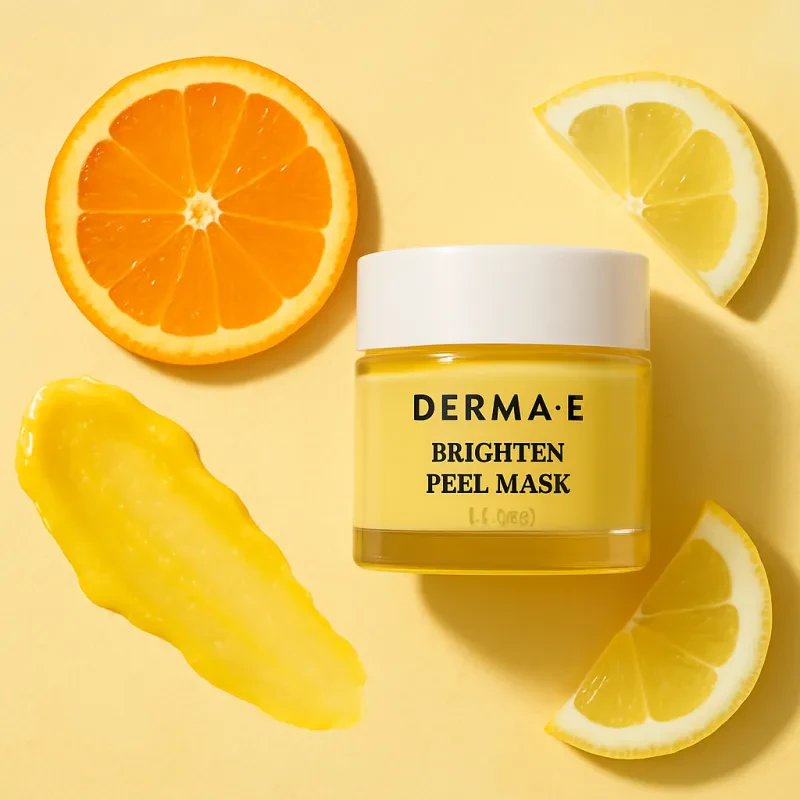Introduction to Skin and Hair Relationship
Skin care is an essential aspect of personal health and well-being, often encompassing a range of practices aimed at maintaining and improving skin's condition and appearance. However, an intriguing question arises: is hair considered part of the skin too? To address this, it is crucial to explore the biological and anatomical connections between skin and hair, setting the stage for a more detailed examination.
The skin, the body's largest organ, is a complex structure composed of multiple layers, each serving distinct functions. Hair, although not typically characterized as skin, originates from the skin's deeper layers. Specifically, hair follicles, which are embedded within the dermis layer of the skin, give rise to hair shafts. This interconnectedness highlights the undeniable relationship between skin and hair in human anatomy.
Understanding this relationship requires acknowledging that hair, though externally visible and seemingly separate, is fundamentally an extension of the skin. The growth and health of hair are profoundly influenced by the conditions within the skin, including the availability of nutrients, hormonal balance, and overall skin health. These factors dictate not only the physical properties of hair but also its vitality and growth rate.
This interconnectedness between skin and hair suggests that effective skin care practices should also consider the health of hair. Just as the skin requires cleansing, moisturizing, and protection from environmental factors, so too does the hair benefit from similar care. By nurturing the scalp, which is itself a continuation of the skin, one can promote healthier hair growth and condition.
The foundational understanding of this skin-hair relationship enables a more holistic approach to personal care. In the following sections, we will dive deeper into the specifics of how the scalp functions, the benefits of integrated skin and hair care routines, and expert tips for achieving optimal results. This exploration will illuminate the myriad ways in which nurturing the skin also fosters healthy, vibrant hair.
Understanding Skin Anatomy
The human skin is an intricate organ composed of three primary layers: the epidermis, dermis, and hypodermis. Each of these layers plays a vital role in protecting the body and maintaining overall skin health, making them essential subjects of discussion when exploring skin care.
The outermost layer, the epidermis, is the skin's first line of defense. It consists primarily of keratinocytes, which produce keratin—a protein that adds strength and resilience to the skin. This layer also includes melanocytes, which provide pigmentation and protect against UV radiation. Additionally, the epidermis forms a barrier against environmental hazards such as pathogens and harmful chemicals, safeguarding the body from potential harm.
Beneath the epidermis lies the dermis, a thicker layer rich in collagen and elastin fibers, which grant skin its flexibility and firmness. The dermis houses a variety of key components, including blood vessels, nerve endings, sweat glands, and hair follicles. It supplies essential nutrients and oxygen to the epidermis and helps regulate temperature through perspiration. Furthermore, the sensory receptors in the dermis enable tactile sensations, contributing to the body's ability to respond to external stimuli.
The innermost layer, the hypodermis, or subcutaneous tissue, serves as a vital insulator and shock absorber. Composed mainly of fat cells, this layer stores energy and cushions internal organs, mitigating the impact of physical trauma. It also acts as a conduit between the dermis and the underlying muscles and bones, aiding in the transmission of nutrients and waste products.
Maintaining skin health is paramount to ensuring these layers function effectively. Adequate hydration, proper nutrition, and protection from excessive sun exposure are critical practices to preserve the integrity of the skin. Understanding the structure and functions of these layers not only emphasizes the skin's complexity but also highlights its importance as a protective barrier. This foundational knowledge sets the stage for exploring how hair emerges from the skin and its interconnected significance in overall dermatological health.
Hair Anatomy and Its Connection to Skin
Understanding the anatomy of hair is essential to grasp its intrinsic connection to the skin. Hair consists of three primary components: the hair follicle, the hair shaft, and the hair root. The hair follicle is a tunnel-shaped structure embedded deep within the dermis, the middle layer of the skin. This follicle serves as the growth center for the hair and is anchored by blood vessels that provide the necessary nutrients and oxygen for hair health and growth.
The hair shaft, the visible part of the hair that extends above the epidermis, is composed of keratin, a protein also found in the outer layer of skin. This shared composition underscores the biological connection between hair and skin. Below the surface, embedded within the skin, lies the hair root. It is situated in the follicle and is surrounded by a pocket of cells that divide rapidly to produce new hair cells.
Within the dermis, hair follicles are interwoven with a network of blood vessels, nerves, and sebaceous glands. These sebaceous glands secrete sebum, an oily substance that keeps both the scalp and hair moisturized, preventing dryness and hair damage. The innervation of hair follicles by nerves makes them sensitive to tactile stimuli, which is why a simple tug on a single hair strand can be felt distinctly.
Moreover, the importance of hair growth to overall skin health should not be underestimated. Healthy hair growth indicates that the skin is functioning optimally, receiving adequate nutrients, and maintaining a balanced environment. On the flip side, issues like scalp infections, poor circulation, or hormonal imbalances can adversely affect hair health, reflecting broader skin health issues.
Thus, hair and skin share a symbiotic relationship. The anatomical and physiological nuances of hair follicles within the skin highlight the interconnected nature of our body's largest organ system. Recognizing this interconnectedness is pivotal for comprehensive skin care, encompassing not just the visible surface but also the integrated structures lying below. Proper scalp care, therefore, becomes a subset of holistic skin care practices, ensuring overall health and vitality.
Common Myths About Hair and Skin
Hair and skin care stand as two pivotal components of personal grooming and health, yet they are often shrouded in myths and misconceptions. One popular belief is that hair care products have a direct impact on skin health. While it is true that certain ingredients in hair products can aggravate skin conditions, this is not always the case. Scientific studies indicate that unless you have specific allergic reactions or sensitivities, most reputable hair care products are formulated to be safe for skin as well.
Another prevalent myth is the supposed strong connection between hair loss and skin conditions. Hair loss, or alopecia, can indeed be related to certain skin conditions like dermatitis or psoriasis. However, hair loss can also arise from a myriad of other factors, including genetic predisposition, hormonal changes, and nutritional deficiencies. It is important to consult dermatologists for a comprehensive diagnosis rather than attributing hair loss solely to skin issues.
Perhaps one of the most widespread misconceptions is the idea that hair is merely dead skin. This oversimplification neglects the biological complexity of hair. While the shaft of the hair that we see is indeed composed of dead cells, hair originates from hair follicles situated within the skin’s dermis layer, derived from living cells. These follicles are crucial for the growth and health of the hair, underscoring the intricate interplay between hair and skin.
Disentangling these myths is essential for fostering an accurate understanding of how hair and skin interrelate. By relying on scientific evidence, we can better inform our choices regarding hair and skin care practices, ensuring both remain healthy and vibrant.
Essential Skin Care Tips
Maintaining healthy skin is a multifaceted endeavor that requires a diligent and consistent routine. Proper skin care begins with cleansing, which is crucial for removing dirt, oil, and other impurities. Using a gentle cleanser suitable for your skin type can prevent irritation and maintain the skin's natural barrier. For those with sensitive skin, choosing a fragrance-free or hypoallergenic cleanser is often beneficial.
Moisturizing is another essential step in any skin care routine. It helps to hydrate the skin, preventing dryness and flakiness. Selecting a moisturizer that matches your skin's needs—whether it's oil-free for oily skin or richer for dry skin—ensures optimal hydration without clogging pores.
Sun protection cannot be overstated. Daily application of a broad-spectrum sunscreen with at least SPF 30 shields the skin from harmful UV rays, reducing the risk of skin cancer and premature aging. Incorporating sunscreen into your morning routine, regardless of the weather, is a simple yet effective measure for long-term skin health.
Exfoliation is vital for removing dead skin cells and promoting cell turnover. This can be achieved through the use of physical exfoliants like scrubs or chemical exfoliants such as alpha-hydroxy acids (AHAs) or beta-hydroxy acids (BHAs). However, moderation is key; over-exfoliation can lead to irritation and damage the skin barrier.
Beyond these core practices, diet plays a significant role in skin health. Consuming a balanced diet rich in fruits, vegetables, lean proteins, and healthy fats provides the nutrients necessary for glowing skin. Staying hydrated by drinking plenty of water supports the skin from within, maintaining its elasticity and resilience.
Lifestyle choices such as managing stress, getting adequate sleep, and avoiding smoking also impact skin health. High stress levels and lack of sleep can lead to breakouts and dull skin, while smoking accelerates skin aging.
By incorporating these essential skin care tips into your daily routine, you can achieve and maintain a healthy, vibrant complexion.
Hair Care Tips for Healthy Skin
Hair care routines can significantly influence the overall health of your skin. Selecting appropriate hair care products is a crucial first step. Look for shampoos and conditioners that are free from harsh chemicals such as sulfates, parabens, and synthetic fragrances, which can not only damage hair but also irritate the skin. Instead, opt for products containing natural ingredients like aloe vera, tea tree oil, and chamomile, known for their soothing and nourishing properties.
Washing and conditioning your hair regularly is fundamental to maintaining both hair and skin health. It is recommended to cleanse the scalp thoroughly to remove dirt, oil, and product buildup. However, over-washing should be avoided as it can strip the scalp of its natural oils, leading to dryness and irritation. Finding a balanced washing routine that suits your hair type is essential.
Furthermore, scalp health is paramount when considering the impact of hair care on skin wellness. The scalp is an extension of your skin and should be treated with equal care. Make sure to exfoliate the scalp periodically to prevent flakiness and clogged pores. Using a gentle scalp scrub or massaging with essential oils can also promote healthy blood circulation, fostering better nutrients and oxygen delivery to hair follicles and skin cells.
Lastly, avoiding the use of harsh chemicals and heat-styling tools will benefit your skin in the long run. These elements can weaken hair, leading to breakage and contributing to issues such as dandruff and itching, which can further extend to facial and neck areas. Embrace more natural hairstyles and ensure adequate protection before using heat appliances.
Incorporating these mindful hair care practices not only enhances the vitality of your locks but also plays a pivotal role in maintaining radiant skin. A holistic approach to hair care ensures your skin remains as healthy and vibrant as your hair.
Products That Benefit Both Hair and Skin
When considering overall health and beauty, it’s essential to pay attention to the products we use, aiming for those that offer multifaceted benefits. Multi-functional products can streamline your beauty routine while ensuring efficient care for both hair and skin. Certain key ingredients are known for their versatile benefits, making them desirable in both hair and skincare products.
Aloe vera is renowned for its soothing and hydrating properties. It aids in treating scalp irritation, promoting hair growth, and simultaneously offering superb moisturizing benefits for the skin. Aloe vera-infused shampoos and conditioners can help alleviate dandruff and foster a healthier scalp while leaving the skin feeling refreshed and hydrated.
Another valuable ingredient is argan oil. Rich in fatty acids and vitamin E, argan oil provides profound nourishment and repair. For hair, it tames frizz, enhances shine, and repairs split ends. Thanks to its non-comedogenic properties, argan oil is also excellent for skin, offering deep hydration without clogging pores. Look for shampoos and conditioners containing argan oil, and consider incorporating an argan oil serum for added benefits.
Vitamin E, often lauded for its antioxidant prowess, promotes cell regeneration, tackles free radicals, and fosters overall health. Vitamin E-enriched skincare products help improve skin elasticity, reduce the appearance of scars, and provide ample hydration. In hair care, vitamin E promotes strong, shiny hair while protecting it from environmental damage. Choosing shampoos and conditioners fortified with vitamin E can contribute to shinier, healthier-looking hair.
For those seeking product recommendations, aim for shampoos like OGX Renewing + Argan Oil of Morocco Shampoo, which is beneficial for both hair and scalp health. Conditioners such as Herbal Essences Bio:Renew Argan Oil Repair Conditioner can fortify and nourish hair while benefiting skin with each encounter during the washing routine. Multi-functional beauty oils like The Ordinary’s 100% Organic Cold-Pressed Moroccan Argan Oil offer incredible value for its comprehensive benefits on both hair and skin.
Conclusion: Holistic Approach to Skin and Hair Care
In understanding whether hair is considered skin, it becomes apparent that skin and hair health are intricately linked. Both are part of the integumentary system, offering protection and contributing to our overall appearance. The blog highlights the importance of adopting a holistic approach to beauty routines, underscoring that skin health and hair health are not mutually exclusive but rather complementary.
By emphasizing the interconnectedness of skin and hair, it is evident that a comprehensive care regimen benefits both. For instance, healthy scalp skin directly influences hair growth and vitality, while the condition of our hair can reflect underlying skin issues or deficiencies. Prioritizing balanced skincare products and treatments can prevent common problems like dryness, irritation, and breakouts, which, in turn, support healthier hair.
Additionally, lifestyle factors such as diet, hydration, and stress management play critical roles in nurturing both skin and hair. Nutrient-rich diets rich in vitamins, minerals, and antioxidants promote cellular health, while adequate water intake ensures hydration from within. Stress reduction techniques like mindfulness and regular physical activity further enhance overall well-being, positively impacting skin and hair.
To encapsulate, a holistic approach to skincare and haircare is not merely about applying products but also about nurturing your overall health and well-being. Healthy skin and lustrous hair do more than enhance appearances; they are reflections of your internal health. Therefore, integrating both skin and hair care practices into daily routines ensures comprehensive beauty care, fostering a balanced and vibrant life.
Adopting a mindset that views skin and hair care as interconnected elements of self-care helps achieve lasting results. This approach not only boosts external beauty but also supports mental and physical wellness, leading to a more fulfilling self-care practice.
